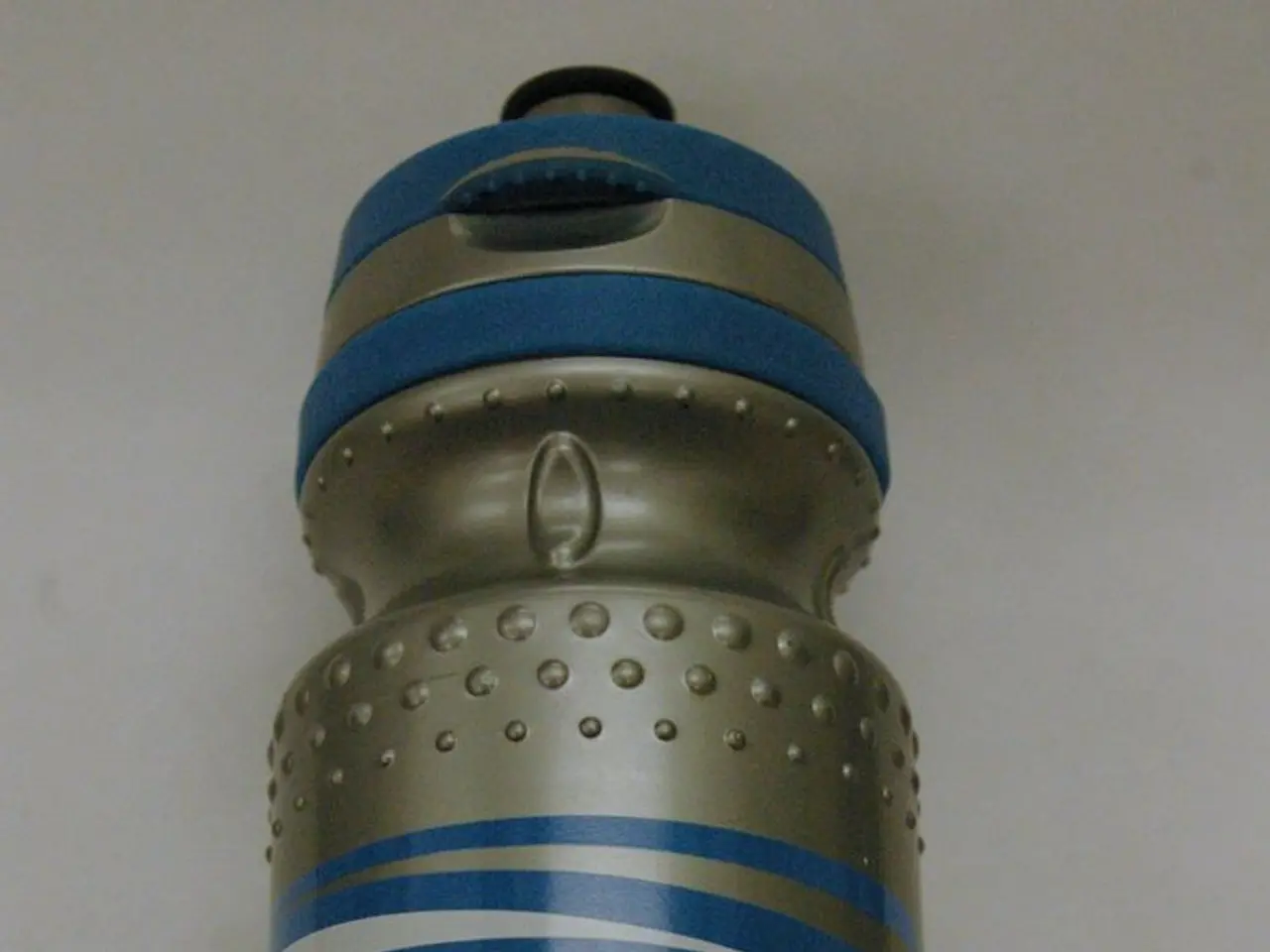Nobel Prize in Medicine Honors Pioneers in Autoimmune Disease Treatment
Scientists have made groundbreaking discoveries in immune tolerance, opening new avenues for treating autoimmune diseases. The 2023 Nobel Prize in Medicine has been awarded to Mary E. Brunkow, Fred Ramsdell, and Shimon Sakaguchi for their pioneering work in this field.
Autoimmune diseases, such as Type 1 diabetes, Celiac disease, Multiple sclerosis, and Rheumatoid arthritis, occur when the immune system mistakenly attacks healthy tissues. Recent research focuses on peripheral immune tolerance, preventing the immune system from harming its own body. This approach has been recognised as the most promising avenue in autoimmune disease treatment.
Mary E. Brunkow and Fred Ramsdell discovered the Foxp3 gene's crucial role in autoimmune disease susceptibility. Their work showed that mutations in this gene can lead to autoimmune disorders. Shimon Sakaguchi linked the Foxp3 gene to the development of regulatory T-cells, which act as gatekeepers of the immune system. These cells recognise foreign invaders and prevent autoimmune reactions, maintaining immune tolerance.
One promising therapy under investigation is inverse vaccination. This approach has shown promise in reducing symptoms of multiple sclerosis-like diseases in mice. It works by training the immune system to recognise and tolerate the body's own tissues, potentially preventing or reducing autoimmune attacks.
The award-winning discoveries of Mary E. Brunkow, Fred Ramsdell, and Shimon Sakaguchi have paved the way for new treatments in autoimmune diseases. Further research into peripheral immune tolerance and therapies like inverse vaccination could revolutionise the way these conditions are managed, offering hope to millions of people affected worldwide.
Read also:
- Americans Lose Insurance Under New Tax Legislation, Affecting 10 Million Citizens
- Pro-Life Group Condemns FDA's Approval of Generic Abortion Drug
- Trump Signs Law Defunding Planned Parenthood, Threatening Healthcare Access for Millions
- Historian Ute Frevert Explores Germans' Emotional Bond With Constitutions







